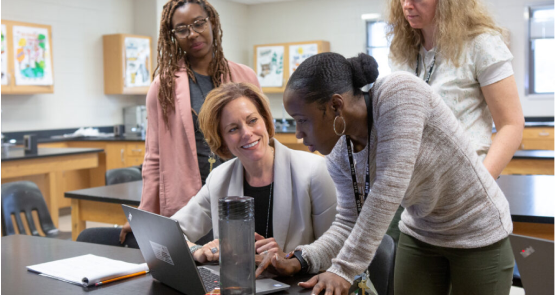Our sharp framework for better critical thinking
Knowing and practicing the skills of good critical thinkers is critical for survival in today’s complex, media-saturated world. This is especially true for teens and young people whose screens barrage them with information, advertising, misinformation, and a host of other distractions that saturate their lives. Teaching teens critical thinking skills is paramount for their mental health.
The good news is, that learning sound critical thinking skills is not that hard, but it does take persistence and dedication. And you can start with Reboot’s SHARP method. Developed by Reboot Foundation President Helen Lee Bouygues, SHARP thinking is a step-by-step approach to critical thinking and better reasoning. The method is a powerful and proven strategy to engage in better decision making. Part reflection, part reasoning, part creativity, SHARP thinking can empower critical thinking at school, at home and at work.
Anyone can become a better critical thinker, if they:
- Stop. The first step in better thinking is to actually engage in thought. People should pause and reflect on their decisions, applying rational thought instead of engaging in automatic responses or raw emotions.
- Hone. People should learn to focus their thinking by asking questions. Lots of them. After all, improved thinking is about more than just reason. It is also an approach to the world and curiosity and openness can go a long way to improving our reasoning abilities.
- Accumulate. Effective thinking requires “going deep,” drawing on well-researched ideas and facts. This step encourages people to analyze evidence, which involves gathering as much valuable data as possible while learning to avoid extraneous or illegitimate information.
- Reason. In this step, people should use evidence to confirm or discount a hypothesis, and they should engage in thoughtful, logical reflection, making sure that they’ve truly backed up an idea or an approach with evidence and reason.
- Gain Perspective. What’s key in this stage is to expand perspective by looking at problems in different ways, from different vantage points. This is particularly important when working with others.


